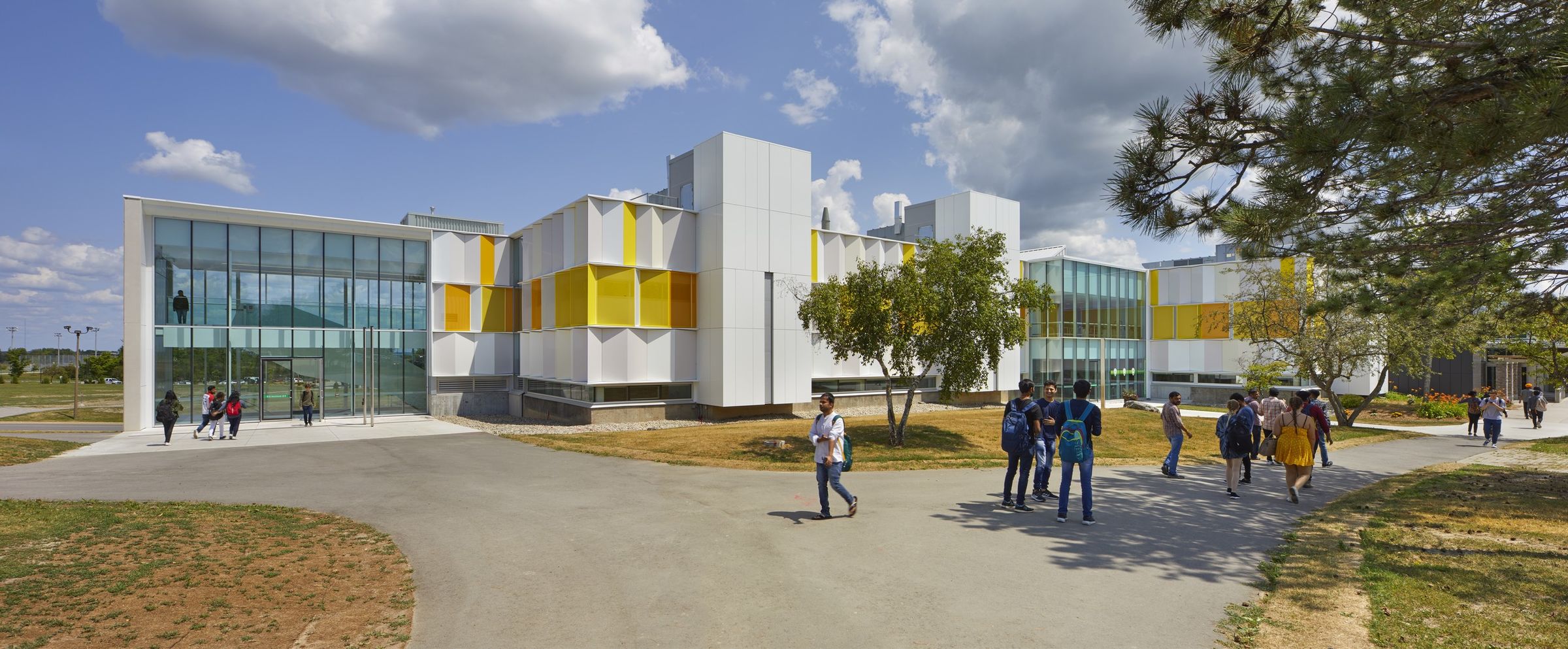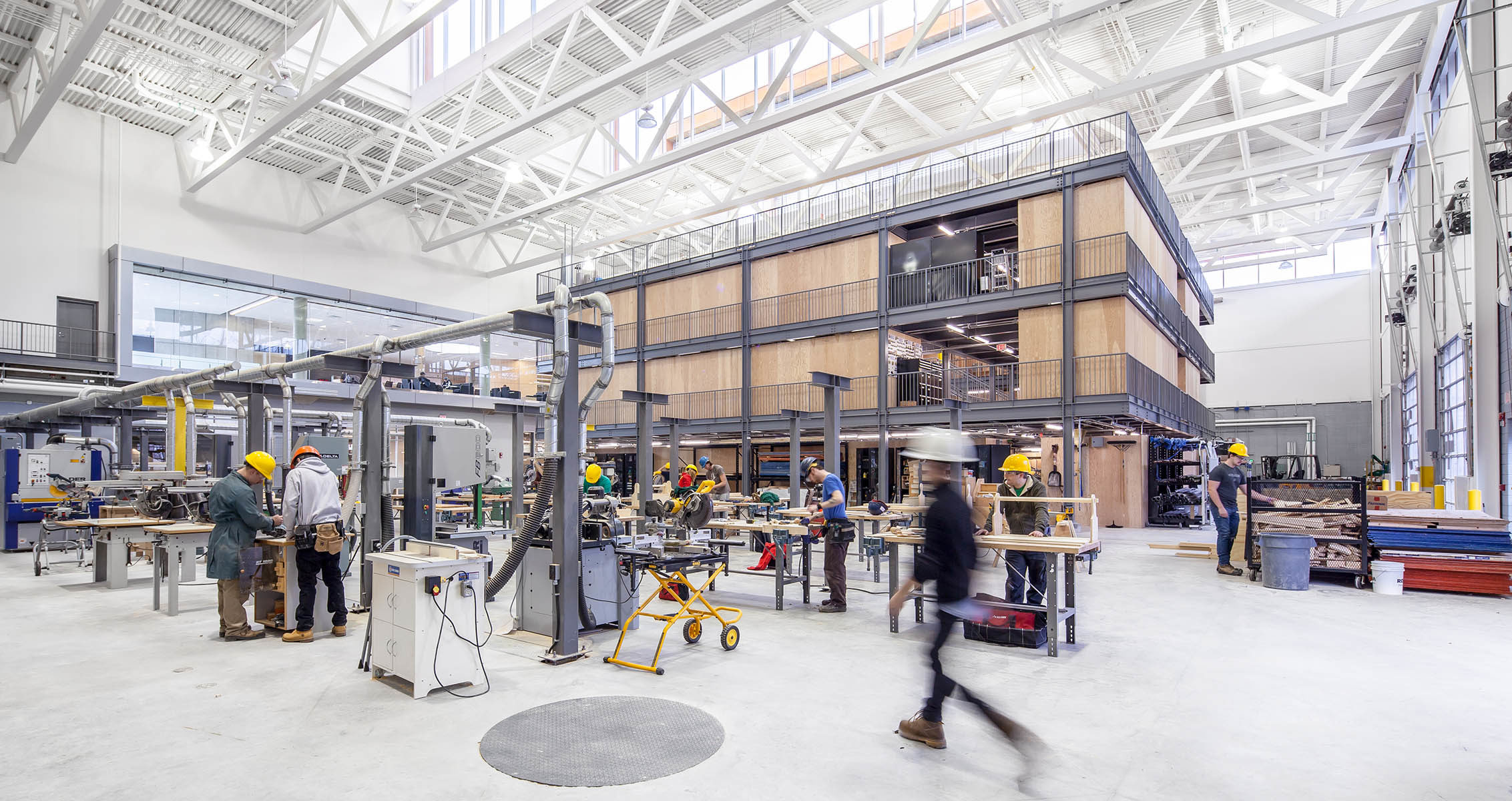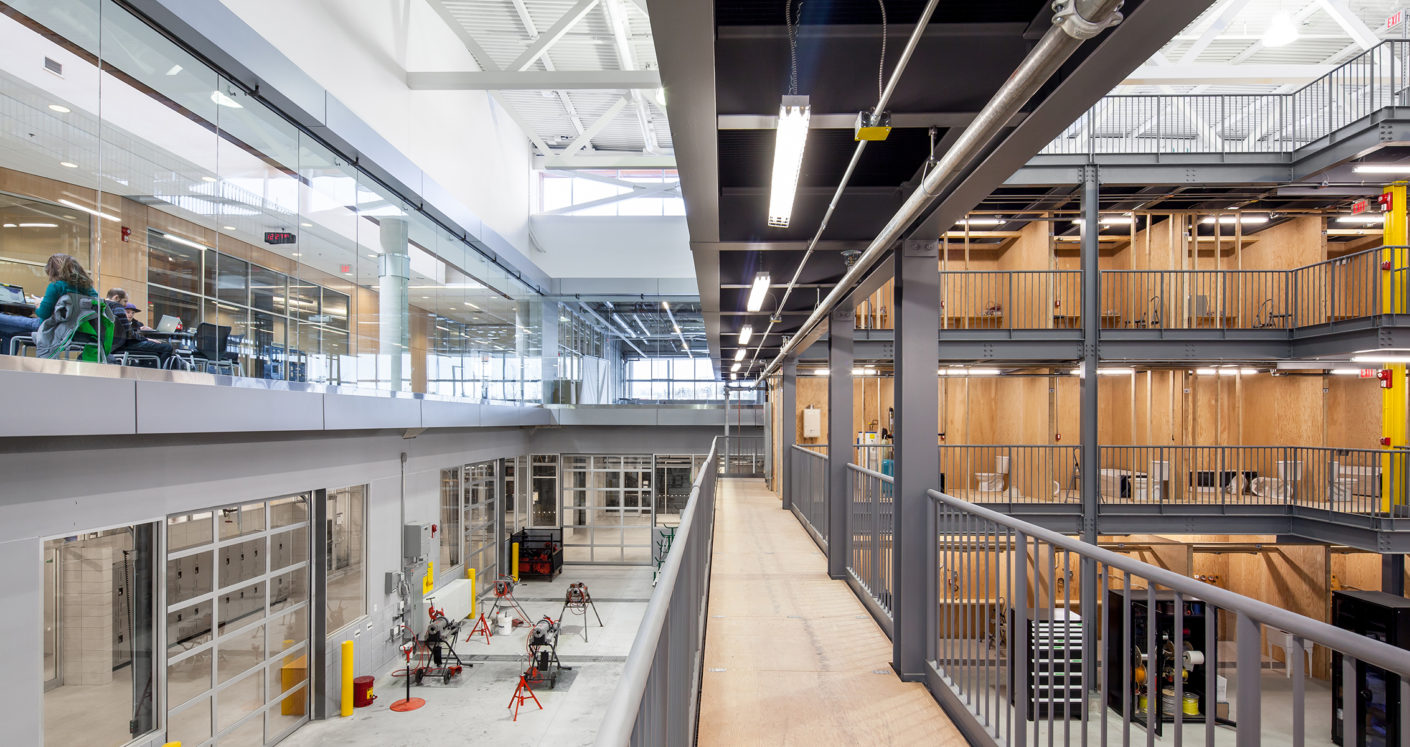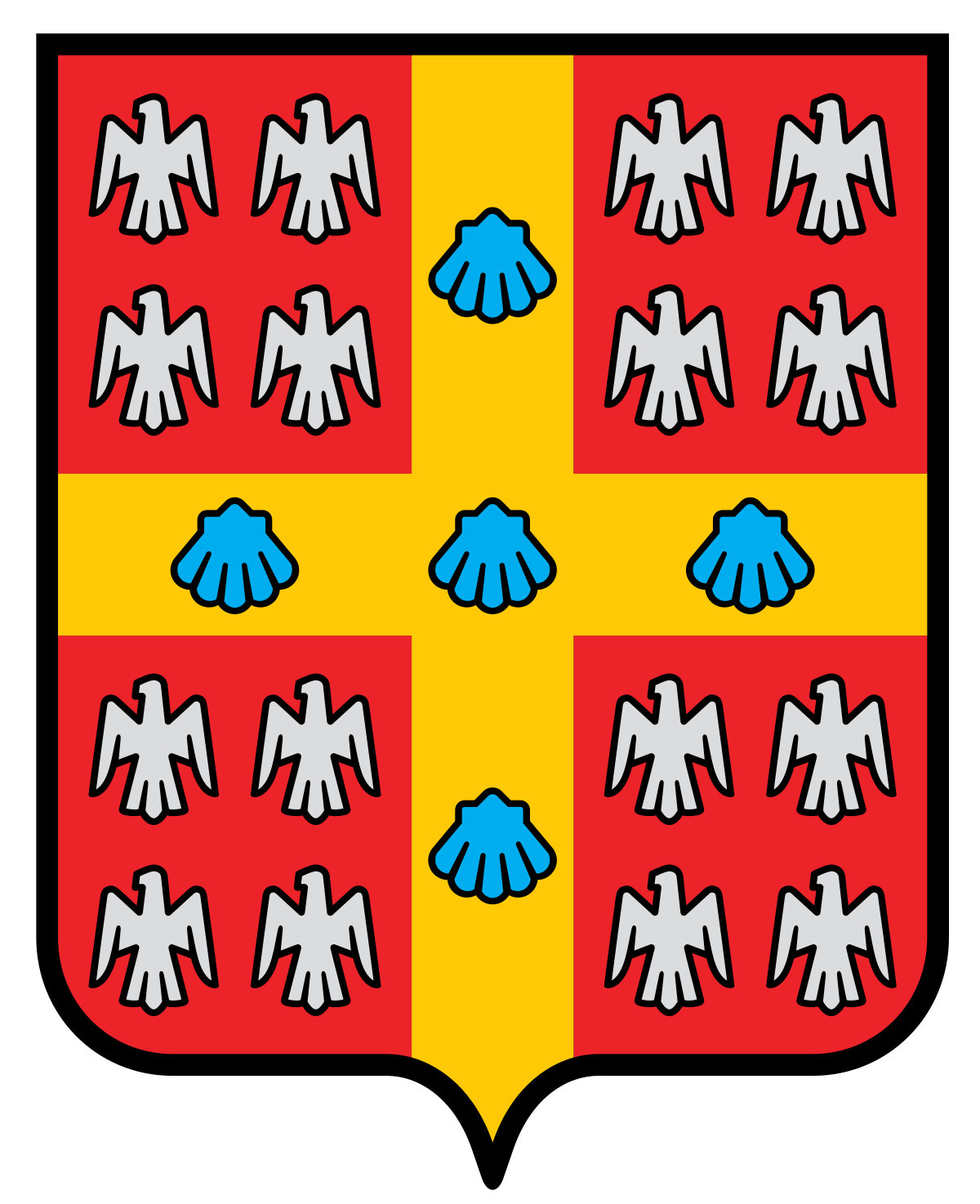📚About the Program
Non-degree in
Urban Forestry Technician (Co-op) at
Fleming College
Urban forestry focuses on the care, protection, and maintenance of trees, forests and green spaces in towns and cities. It's caring for "the green in the gray."
As an urban forestry technician, you will require technical, applied skills, but you will also need the ability to work with people and communities. Your work will involve balancing, integrating, and linking the social, economic, environmental, and conservation-related issues associated with the urban forest and community spaces.
This unique 2 + 2 program blends applied and multidisciplinary skills to prepare for the demands of this emerging field. Professionals are needed who can communicate effectively with the public, understand and interpret legislation and policies, and have a broad perspective on planning and conservation. Upon graduation, you will be able to:
Identify and appraise a wide range of species in the urban forest
Maintain safe and healthy trees by applying principles of tree anatomy and physiology
Recommend appropriate arboriculture practices
Use a range of GIS tools and spatial technologies to collect, analyze and model the characteristics of urban forests
Understand soil characteristics, watershed dynamics, and wildlife habitats that contribute to urban forest ecosystems
Safely operate, maintain and troubleshoot equipment
Demonstrate and advocate for an integrated approach to urban forestry management
Interpret legislation, regulation and policies relating to urban forestry
Plan, budget and implement business practices associated with the urban forestry practitioner
Apply practices and principles of urban forest management in an ethical and professional manner.
You will complete three university-level courses (Communications, Math and Introductory Chemistry) during your diploma program at Fleming College, providing an opportunity to determine if pursuing a degree in this field at university is the right choice for you.
Show less












